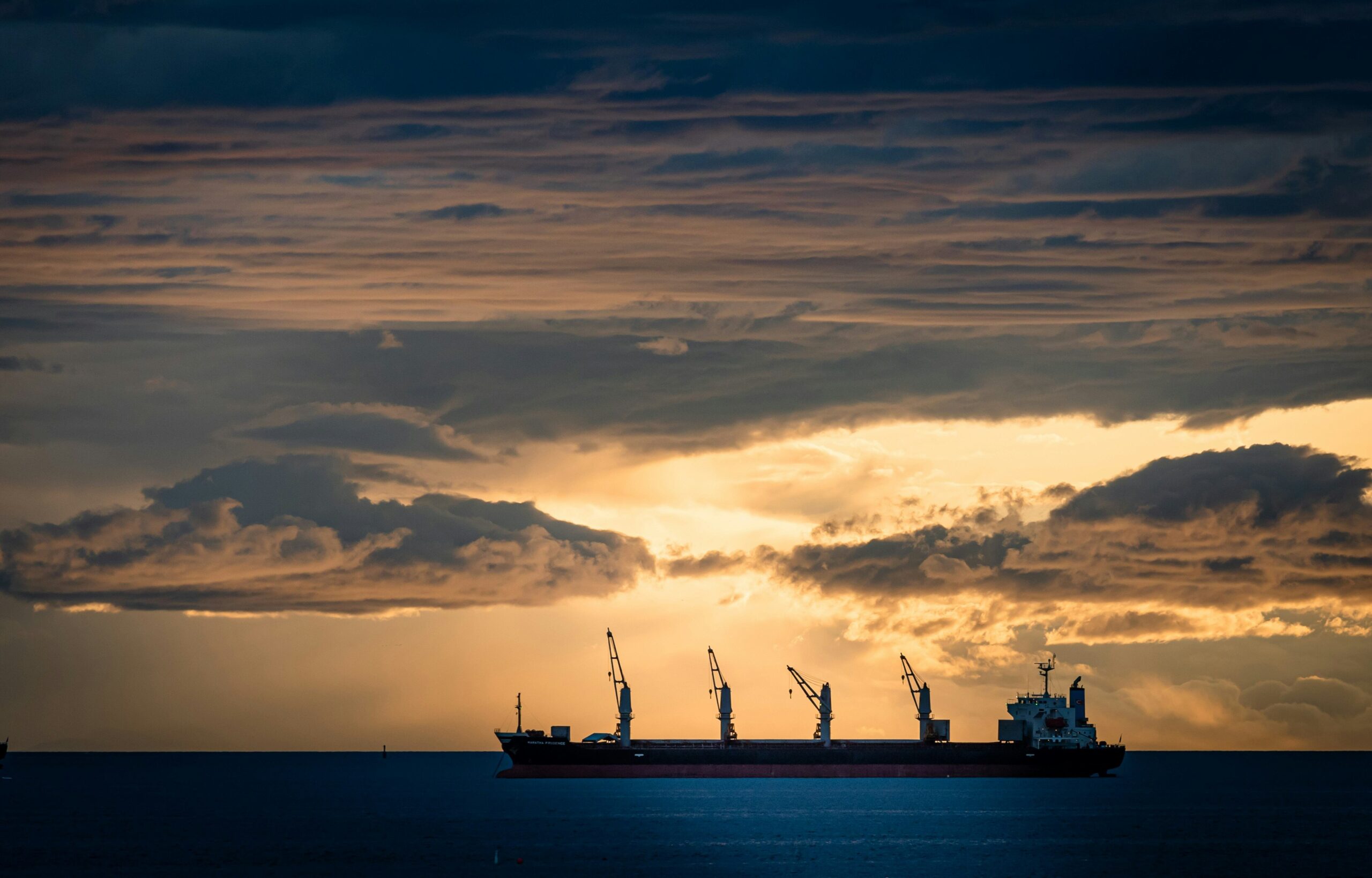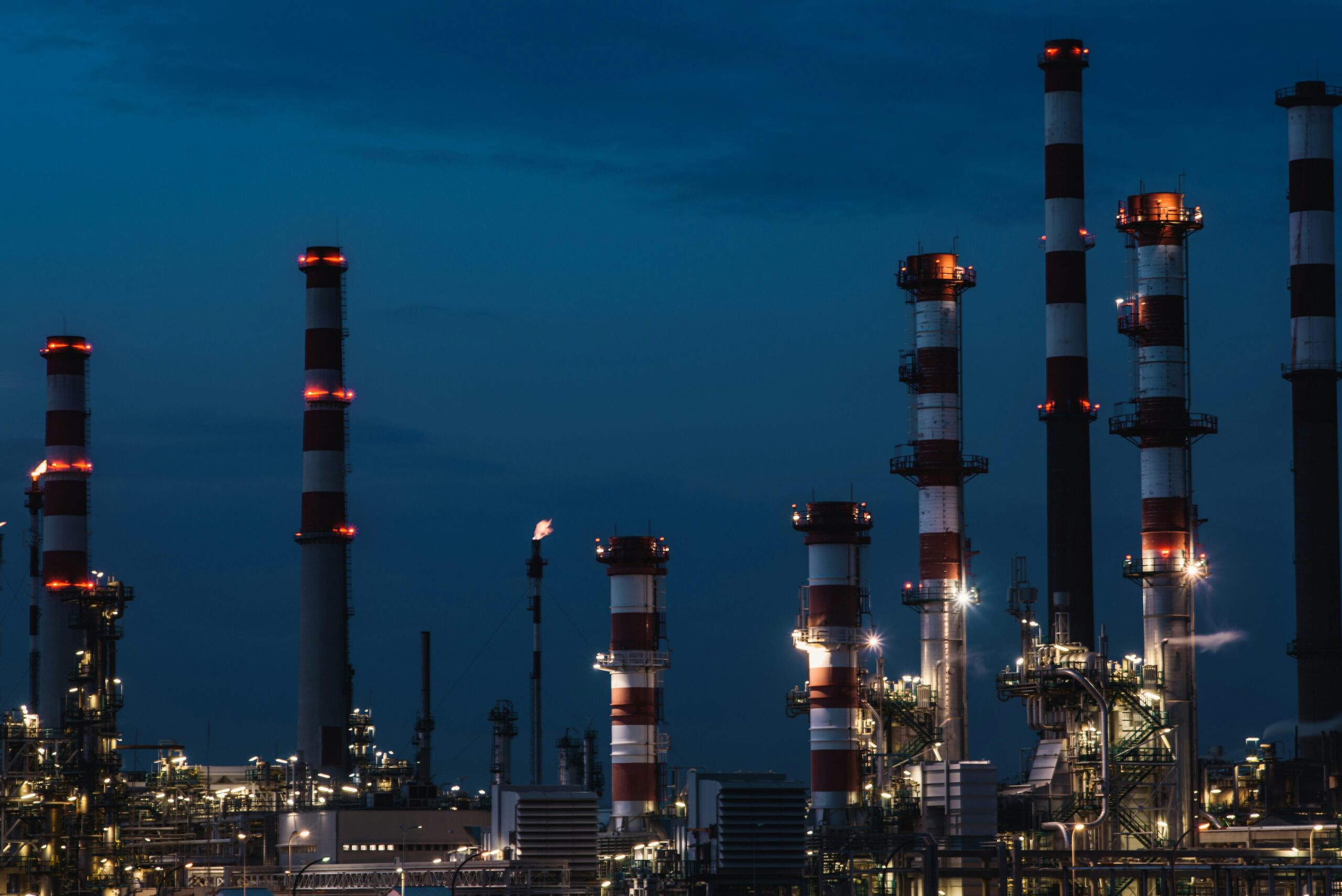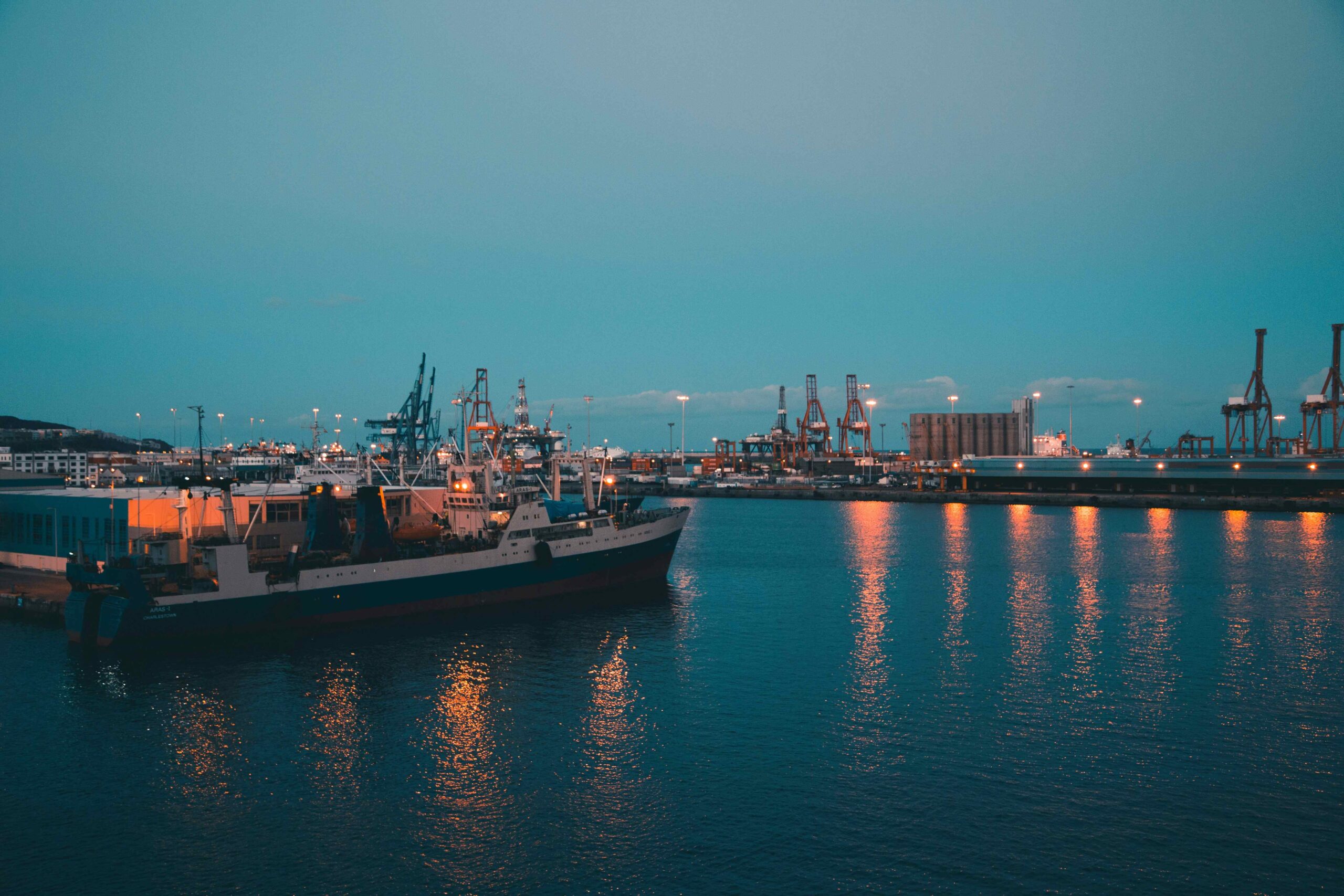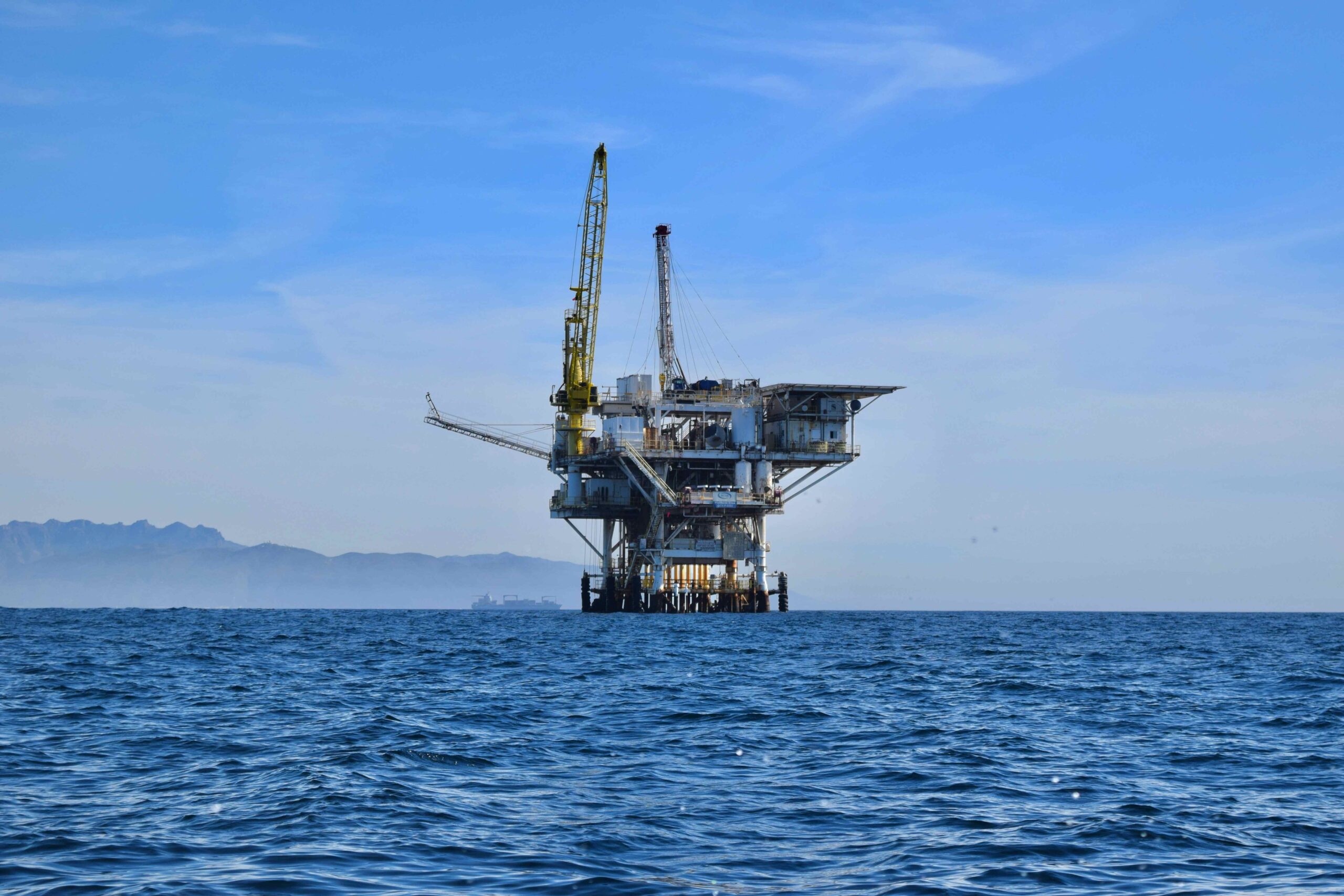Impact of Digital Twin Technology on Bunker Fuel Efficiency
Digital twin technology is reshaping maritime operations by offering real-time insights, predictive capabilities, and enhanced efficiency across vessel management. This article examines how digital twins specifically impact bunker fuel efficiency, emphasizing their advantages, implementation strategies, and future implications for the industry. Understanding Digital
Bunker Fuel Auditing and Verification Processes
In the maritime industry, bunker fuel auditing and verification processes are critical measures to uphold regulatory compliance, ensure fuel quality, and maintain operational integrity. This article delves into the essential aspects of bunker fuel auditing and verification, highlighting their significance, methodologies, challenges, and
Bunker Fuel Blending: Techniques and Challenges
Bunker fuel blending is a critical process in the maritime industry, involving the mixing of different types and grades of fuel to meet specific performance requirements while optimizing cost-efficiency. This article delves into the techniques used in bunker fuel blending, explores the challenges
Energy Efficiency in Marine Vessels: Reducing Fuel Consumption
Efficiency in fuel consumption is paramount in the maritime industry, where vessels operate over vast distances, carrying goods essential to global trade. As concerns about environmental impact and operational costs rise, optimizing energy efficiency has become a focal point for shipping companies worldwide.
Health and Safety Considerations in Bunker Fuel Handling
Bunker fuel, essential for powering maritime vessels, plays a pivotal role in global trade but also presents significant health and safety challenges during handling and storage. As the maritime industry continues to evolve, prioritizing robust health and safety measures in bunker fuel operations
The Essential Role of Bunker Fuel in Offshore Energy Projects
Bunker fuel is indispensable in the realm of offshore energy projects, serving as the primary fuel source that drives crucial operations essential for offshore exploration and production activities worldwide. These projects encompass a diverse range of endeavors, from extracting offshore oil and gas
Innovations in Bunker Fuel Production: Shaping the Future of Sustainable Maritime Energy
The field of bunker fuel production is rapidly evolving thanks to technological advancements that are revolutionizing how marine vessels are fueled globally. These innovations not only improve efficiency and sustainability but also ensure compliance with strict environmental regulations. Below, we delve into the
Bunker Fuel Quality: Standards and Regulations
Bunker fuel quality is essential for maritime operations, affecting engine performance, maintenance costs, and environmental impact. Maintaining high-quality bunker fuel requires adherence to rigorous standards and regulations aimed at ensuring safety, efficiency, and environmental sustainability in the shipping industry. Importance of Bunker Fuel
The History of Bunker Fuel in Maritime Transport
Bunker fuel, a critical component in the operation of ships, has a storied history that parallels the evolution of maritime transport itself. This dense, viscous fuel oil, derived from the residues of crude oil refining, has powered vessels across the globe for over
Bunker Fuel Contamination: Causes, Impacts, and Prevention Measures
Introduction: Bunker fuel contamination poses a significant threat to maritime operations, jeopardizing vessel performance, engine efficiency, and environmental integrity. The complexities of the bunkering supply chain, coupled with the diverse sources of contamination, underscore the need for robust preventive measures and vigilance. This










